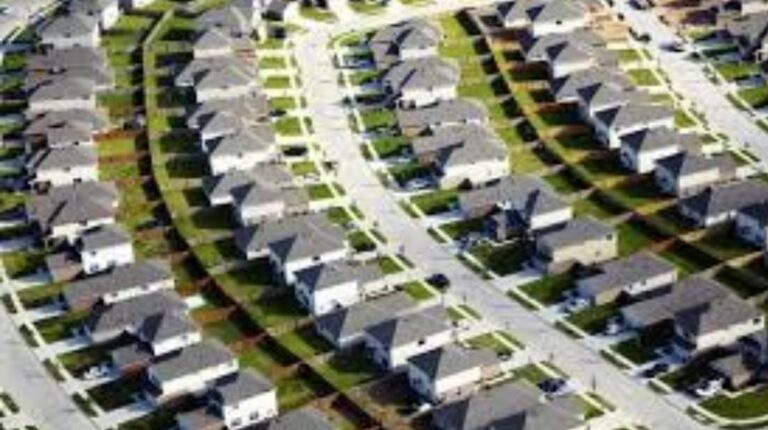Homeowners associations (HOAs) are common in many residential communities, and they can have a significant impact on homeowners and tenants alike. One area where HOAs have control is over rental restrictions within the community.
In this guide, we will discuss what rental restrictions are, why HOAs enforce them, and how they may affect homeowners and tenants. We will also cover some important considerations for both landlords and renters when it comes to navigating these restrictions.
What Are Rental Restrictions?
Rental restrictions refer to rules or regulations put in place by an HOA that limit or prohibit renting out a property within the community. These restrictions can vary greatly from one HOA to another, and may include limits on the number of rental properties allowed in the community, length of rental terms, or even outright bans on rentals. The homeowners association rental restrictions in Georgia aids in maintaining the overall aesthetic appeal of the community and ensure that residents are adhering to a certain standard of living.
Why Do HOAs Enforce Rental Restrictions?
There are several reasons why an HOA may choose to enforce rental restrictions:
- Maintaining Property Values: One of the main purposes of a homeowners association is to maintain property values within the community. By limiting rentals, HOAs aim to prevent properties from falling into disrepair or being neglected by absentee landlords, which can lower property values for all homeowners.
- Avoiding Legal Issues: In some areas, there may be laws or regulations that require HOAs to enforce rental restrictions. For example, in cities with strict occupancy limits, allowing too many rental properties in a community could result in legal issues for the HOA.
- Protecting Community Atmosphere: HOAs often have specific rules and regulations in place to maintain the overall aesthetic and atmosphere of the community. Allowing too many rentals may lead to an influx of temporary residents who do not have the same investment or commitment to upholding these standards.
How Do Rental Restrictions Affect Homeowners and Tenants?
For homeowners, rental restrictions can impact their ability to rent out their property as a source of income or investment. They may also face additional fees or penalties for violating rental restrictions set by the HOA.
For tenants, rental restrictions can limit their housing options within a desired community and may also come with additional rules and regulations that they must adhere to as part of living in an HOA-controlled property.
Important Considerations for Landlords and Tenants
If you are a landlord or a tenant in a community with rental restrictions, here are some important considerations:
- Read and Understand the Bylaws: It is essential to thoroughly read and understand the HOA’s bylaws before purchasing or renting a property within their jurisdiction. This will give you a clear understanding of any rental restrictions in place and how they may affect you.
- Obtain Proper Permits and Approvals: If the HOA does allow rentals, be sure to obtain all necessary permits and approvals before renting out your property. Failure to do so could result in fines or legal action.
- Communicate with the HOA: Whether you are a landlord or tenant, it is important to communicate openly with the HOA regarding rental restrictions and any potential issues that may arise. This can help avoid conflicts or misunderstandings in the future.
Conclusion
HOAs enforce rental restrictions for various reasons, and they can have a significant impact on homeowners and tenants. It is crucial to understand these restrictions and their potential implications before purchasing or renting a property within an HOA community. Also, knowing how to effectively enforce HOA rules can help maintain the overall integrity and atmosphere of the community. By following HOA guidelines, communicating with the HOA, and obtaining proper permits and approvals, homeowners and tenants can navigate rental restrictions successfully. Remember to always stay informed and follow all rules and regulations set by the HOA to ensure a positive living experience for all residents in the community.


Comments are closed.